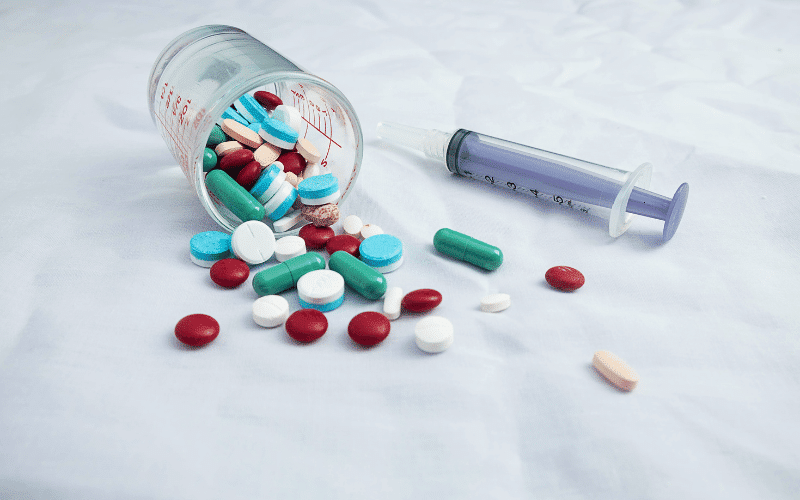4. Substance Misuse: A Treacherous Path to Heart Damage

Alcohol isn’t the only substance that can harm the heart. The world of substance misuse, that lead to cardiomyopathy, is broad and diverse, including everything from drugs, both legal and illegal, to prescribed medications that are abused.
Certain substances can stimulate the heart, causing it to beat faster and harder. This overdrive mode isn’t sustainable, and over time, it can cause the heart to enlarge and weaken, leading to dilated cardiomyopathy. Almost all drugs (especially cocaine and amphetamines), and even some medications used to treat attention deficit hyperactivity disorder (ADHD) can push the heart into this precarious situation.
Moreover, some substances have a direct toxic effect on the heart muscle cells. For example, cocaine can cause coronary artery spasms, leading to a heart attack even in a young person without any heart disease. The heart muscle damage from such an attack can subsequently lead to cardiomyopathy.
Anabolic steroids, often used for performance enhancement, also pose a significant risk. These synthetic substances, similar to the male hormone testosterone, can cause the heart muscle to grow excessively, leading to a form of cardiomyopathy known as left ventricular hypertrophy.
Prescription medications, when used improperly, can also damage the heart. Medications used to treat cancer, like doxorubicin and trastuzumab, can unfortunately lead to cardiomyopathy in some cases.(4)